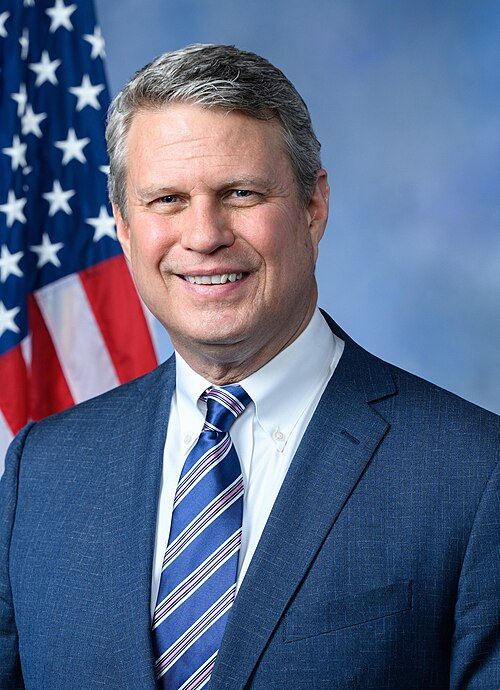H.R. 5251: To provide for the public diplomacy authorities of the Department of State, and for other purposes.
The proposed bill, H.R. 5251, aims to enhance and formalize the public diplomacy functions within the U.S. Department of State. Here are the key aspects of the bill:
Under Secretary for Public Diplomacy
The bill establishes an Under Secretary for Public Diplomacy within the Department of State. This role is responsible for:
- Managing global public diplomacy initiatives and information operations aimed at foreign audiences.
- Leading U.S. efforts to communicate its policies internationally.
- Countering foreign adversarial actions and promoting free access to information globally.
- Preparing an annual strategic plan that involves coordination with various U.S. agencies.
- Assessment and evaluation of public diplomacy programs.
- Overseeing Department personnel involved in public diplomacy.
- Supporting U.S.-funded media in effectively conveying U.S. policies.
- Managing resources allocated for public diplomacy functions.
- Forming regional public diplomacy teams to execute and adapt strategies to local contexts.
- Chairing interagency meetings to ensure coherent public messaging across different U.S. government departments.
Authorization of Appropriations
The bill authorizes necessary funds for the operations of the Under Secretary for Public Diplomacy for the fiscal years 2026 and 2027, enabling them to fulfill these responsibilities.
Assistant Secretary for Educational and Cultural Affairs
The bill also creates an Assistant Secretary position specifically for Educational and Cultural Affairs. This role includes responsibilities such as:
- Overseeing educational, cultural, and professional exchange programs.
- Administering programs for various groups, including youth and influential leaders.
- Integrating exchange programs with global public diplomacy efforts.
- Finding regional priorities and reducing program costs.
- Forming partnerships with private and nonprofit sectors to support these initiatives.
Bureau of Educational and Cultural Affairs
The bill mandates the continuity of the Bureau of Educational and Cultural Affairs, which will report to the Assistant Secretary for Educational and Cultural Affairs.
Assistant Secretary for Strategic Communications
Another critical aspect of the bill is the establishment of an Assistant Secretary for Strategic Communications, responsible for:
- Overseeing foreign-facing information operations and media relations.
- Ensuring strategic direction for U.S. government funded media.
- Supporting independent media and advocating for internet freedom.
- Managing the translation and distribution of government content.
- Engaging diplomatically on issues of information freedom and combating foreign censorship.
Repeal of Limitations
The bill also repeals previous limitations regarding the use of funds for international expositions, thereby potentially allowing for a more flexible use of resources for international engagement activities.
U.S. Code Classification
Finally, the bill instructs the Office of Law Revision Counsel to update legal classifications related to public diplomacy in the U.S. Code, ensuring that the new roles and responsibilities are properly codified.
Relevant Companies
None found.
This is an AI-generated summary of the bill text. There may be mistakes.
Sponsors
1 sponsor
Actions
5 actions
| Date | Action |
|---|---|
| Sep. 18, 2025 | Committee Consideration and Mark-up Session Held |
| Sep. 18, 2025 | Ordered to be Reported (Amended) by the Yeas and Nays: 48 - 0. |
| Sep. 17, 2025 | Committee Consideration and Mark-up Session Held |
| Sep. 10, 2025 | Introduced in House |
| Sep. 10, 2025 | Referred to the House Committee on Foreign Affairs. |
Corporate Lobbying
0 companies lobbying
None found.
* Note that there can be significant delays in lobbying disclosures, and our data may be incomplete.
Potentially Relevant Congressional Stock Trades
No relevant congressional stock trades found.
